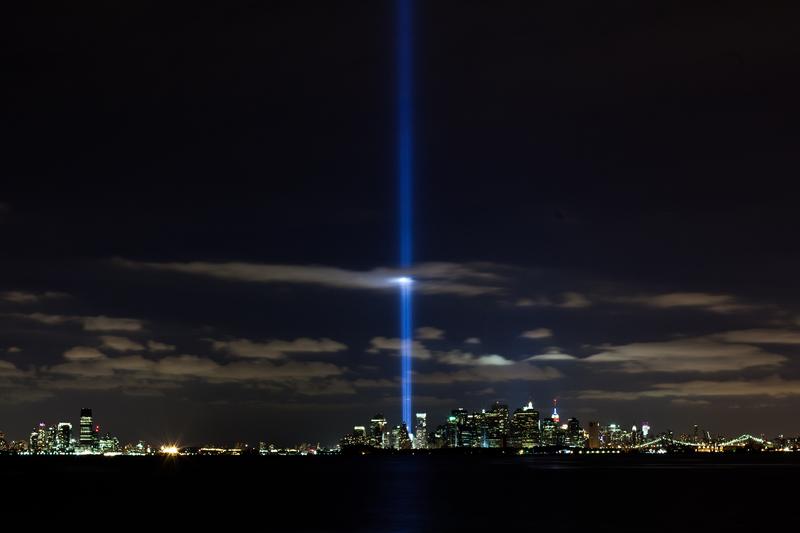
The days after September 11th are mostly remembered as a time when the country came together, where our grief turned to unity around a common cause. Parts of these memories are tainted by the rosiness of our shared identities. When people face an external threat or collective trauma like 9/11, it can reshape how we view ourselves. Our partisan definitions, such as race and political affiliation, begin to wilt, and our shared identities grow in their place.
Dr. Jay Van Bavel is a social psychologist and neuroscientist at New York University, who studies how humans build groups and the collective concerns that shape our minds, brains, and behaviors. Click "listen" in the player to hear his take on why 9/11 bred unity, while other mass traumas such as the COVID-19 pandemic resulted in heated divisions.